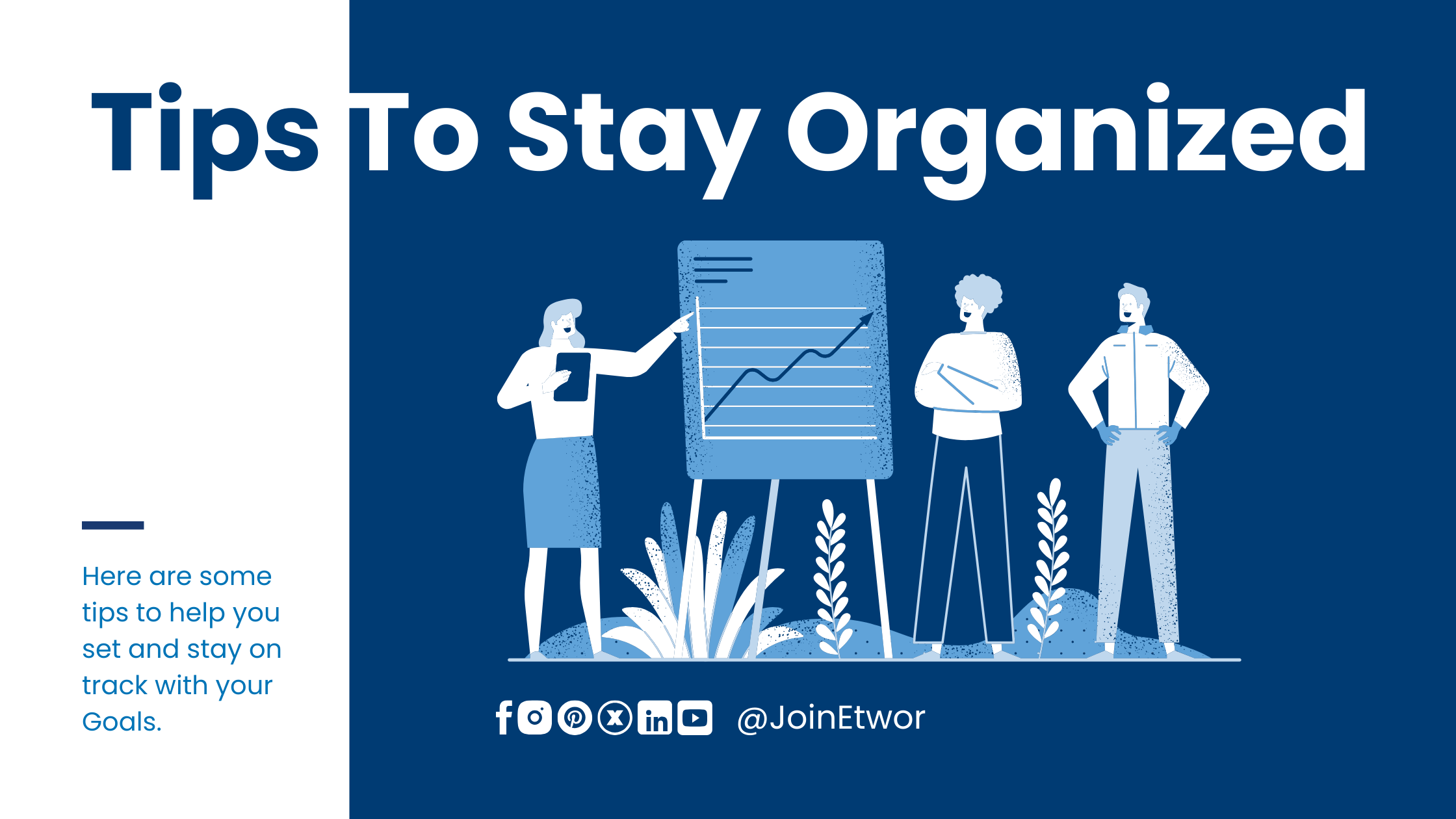Understanding objections in network marketing sales
In network marketing, encountering objections from potential customers is an inevitable part of the sales process. These objections can arise from various factors, such as misconceptions, lack of understanding, or personal reservations. As a network marketer, it’s crucial to develop the ability to effectively address and overcome these objections to increase your chances of success.
Objections are not necessarily a rejection; they are often a request for more information or clarification. By handling objections skillfully, you can turn these challenges into opportunities to build trust, establish credibility, and close more sales.
The importance of overcoming objections
Overcoming objections is a critical skill for any successful network marketer. When you can effectively address concerns and reservations, you demonstrate your professionalism, expertise, and commitment to helping your prospects. This, in turn, can lead to increased trust, stronger relationships, and higher conversion rates.
You must overcome objections to avoid lost opportunities, stagnant sales, and a negative impact on your business. By mastering the art of objection handling, you increase your chances of closing sales and position yourself as a knowledgeable and trustworthy professional in the network marketing industry.
Common objections in network marketing sales
Throughout my network marketing journey, I’ve encountered various objections from potential customers. Here are some of the most prevalent ones:
- “I don’t have the time or money to invest in this opportunity.”
- “Network marketing is just a pyramid scheme.”
- “I’m not good at sales or recruiting people.”
- “I don’t know enough people to build a successful network.”
- “I’ve tried network marketing before, and it didn’t work for me.”
While these objections may seem challenging initially, they present an opportunity to address concerns, provide valuable information, and ultimately guide prospects toward a more informed decision.
Strategies to overcome objections
I’ve developed and refined several strategies for effectively overcoming objections in network marketing sales. These strategies involve a combination of active listening, empathy, trust-building, and effective communication.
Active listening and empathy in objection handling
One of the most powerful strategies for overcoming objections is to practice active listening and demonstrate empathy. When a prospect objects, listening carefully and understanding their perspective without interrupting or becoming defensive is essential.
By actively listening, you can identify the underlying concerns or motivations behind the objection. This allows you to tailor your response to address those issues rather than providing a generic or scripted response.
Empathy is also crucial in objection handling. Putting yourself in your prospect’s shoes and acknowledging their concerns or reservations can go a long way in building rapport and trust. When prospects feel understood and respected, they are more likely to be open to your solutions and counterarguments.
Building trust and credibility to overcome objections
Trust and credibility are fundamental elements in overcoming objections in network marketing sales. Prospects are more likely to listen to and consider your perspective if they perceive you as a trustworthy and credible source of information.
To build trust and credibility, I focus on several key aspects:
- Transparency: Being upfront and honest about the opportunities and challenges in network marketing is essential. I avoid exaggerating claims or promises and provide realistic expectations and a balanced industry view.
- Expertise: Demonstrating my knowledge and expertise in network marketing and the products or services I represent helps establish credibility. I continuously educate myself on industry trends, best practices, and product information to be a reliable source of information for my prospects.
- Testimonials and success stories: Sharing real-life testimonials and success stories from other network marketers or satisfied customers can help validate the opportunity’s legitimacy and overcome skepticism.
- Professionalism: Maintaining a professional demeanor, punctuality, and following through on commitments are crucial in building trust with prospects. Small actions and attention to detail can significantly affect how I’m perceived.
By consistently displaying trustworthiness and credibility, I create an environment where prospects are more receptive to my counterarguments and solutions, increasing the likelihood of overcoming their objections.
Handling objections in different stages of the sales process
It’s essential to recognize that objections can arise at various stages of the network marketing sales process. The strategies for handling objections may vary depending on the specific stage and the nature of the objection.
- Initial contact: During the initial contact stage, objections often stem from a need for more understanding or misconceptions about network marketing. I provide clear and concise information about the industry, opportunity, and product or service at this stage. I aim to address any preconceived notions and establish a foundation of trust and credibility.
- Presentation: During the presentation stage, objections may arise related to specific aspects of the opportunity, such as compensation plans, startup costs, or time commitment. In these situations, I break down the objections into smaller components and address each concern individually. I also leverage visual aids, testimonials, and real-life examples to reinforce the benefits and address any doubts or uncertainties.
- Closing: As the sales process progresses toward closing, objections may revolve around commitment or decision-making. At this point, I employ active listening techniques to understand the root cause of the objection and provide personalized solutions or reassurances. I also remind prospects of the value proposition and the potential benefits of joining the network marketing opportunity.
By tailoring my approach to the specific stage of the sales process and the nature of the objection, I can effectively address concerns and guide prospects toward a well-informed decision.
Overcoming objections through effective communication
Effective communication is a cornerstone of successfully overcoming objections in network marketing sales. I’ve developed several communication strategies to ensure my responses are clear, compelling, and tailored to each prospect’s unique needs and concerns.
- Asking clarifying questions: Before responding to an objection, I ask questions to better understand the prospect’s concerns or reservations. This helps me provide a more targeted and relevant response.
- Using analogies and examples: To make complex concepts or ideas more relatable, I often use analogies and real-life examples that resonate with the prospect’s experiences or interests. This helps bridge the gap between abstract concepts and practical applications.
- Addressing emotions and logic: Objections can stem from emotional and logical concerns. I strive to address both aspects by acknowledging the emotional component and providing logical counterarguments or solutions. This balanced approach helps alleviate fears and concerns while appealing to reason.
- Tone and body language: How I communicate is as important as the content. I maintain a positive and confident tone while using open and inviting body language. This helps create a comfortable and engaging conversation environment.
- Storytelling: Sharing personal stories or experiences related to overcoming similar objections can be a powerful tool. Demonstrating how I’ve successfully navigated and overcome challenges inspires confidence and provides a relatable perspective for prospects.
By mastering effective communication techniques, I can convey my message clearly, compellingly, and persuasively, increasing the likelihood of overcoming objections and closing sales.
Role-playing and practice sessions for objection handling
I actively engage in role-playing and practice sessions to continuously improve my objection handling skills. These exercises not only help me anticipate and prepare for common objections but also allow me to refine my responses and communication strategies.
- Role-playing with team members: My network marketing team regularly conducts role-playing exercises in which we take turns playing the roles of prospects and network marketers. This provides a safe and supportive environment to practice objection handling and receive constructive feedback from peers.
- Simulated sales scenarios: I also create simulated sales scenarios that mimic real-life situations and objections. This allows me to practice my responses in a controlled setting, identify areas for improvement, and develop a repertoire of effective counterarguments and solutions.
- Feedback and coaching: After each role-playing or practice session, I actively seek feedback from experienced network marketers or mentors. Their insights and guidance helped me refine my approach, identify blind spots, and continuously improve my objection-handling skills.
- Recording and self-evaluation: I occasionally record my practice sessions or actual sales conversations (with consent) to review and self-evaluate my performance. This lets me objectively assess my communication style, tone, and effectiveness in addressing objections.
By consistently practicing and refining my objection handling skills, I maintain a sharp edge and stay prepared to address any objections arising during the sales process.
Conclusion: Overcoming objections for success in network marketing sales
In the dynamic world of network marketing sales, overcoming objections is a crucial skill that separates successful network marketers from those who struggle to achieve their goals. By understanding the importance of objection handling, mastering various strategies, and continuously practicing and refining your approach, you can turn objections into opportunities to build trust, establish credibility, and ultimately close more sales.
Remember, objections are not rejections; they are invitations to provide more information, clarify concerns, and demonstrate your expertise. Embrace objections as a natural part of the sales process and approach them with empathy, active listening, and effective communication.
Overcoming objections is not a one-time feat; it’s an ongoing journey of continuous learning and improvement. Stay committed to honing your objection handling skills, and you’ll be well on your way to achieving long-term success in the network marketing industry.
If you’re ready to take your network marketing business to new heights and overcome objections confidently, consider joining our comprehensive training program. Our proven strategies, expert guidance, and supportive community will equip you with the skills and mindset to turn objections into opportunities. Visit “Join Us” to learn more and register today. Invest in your success and unlock the full potential of network marketing sales.




